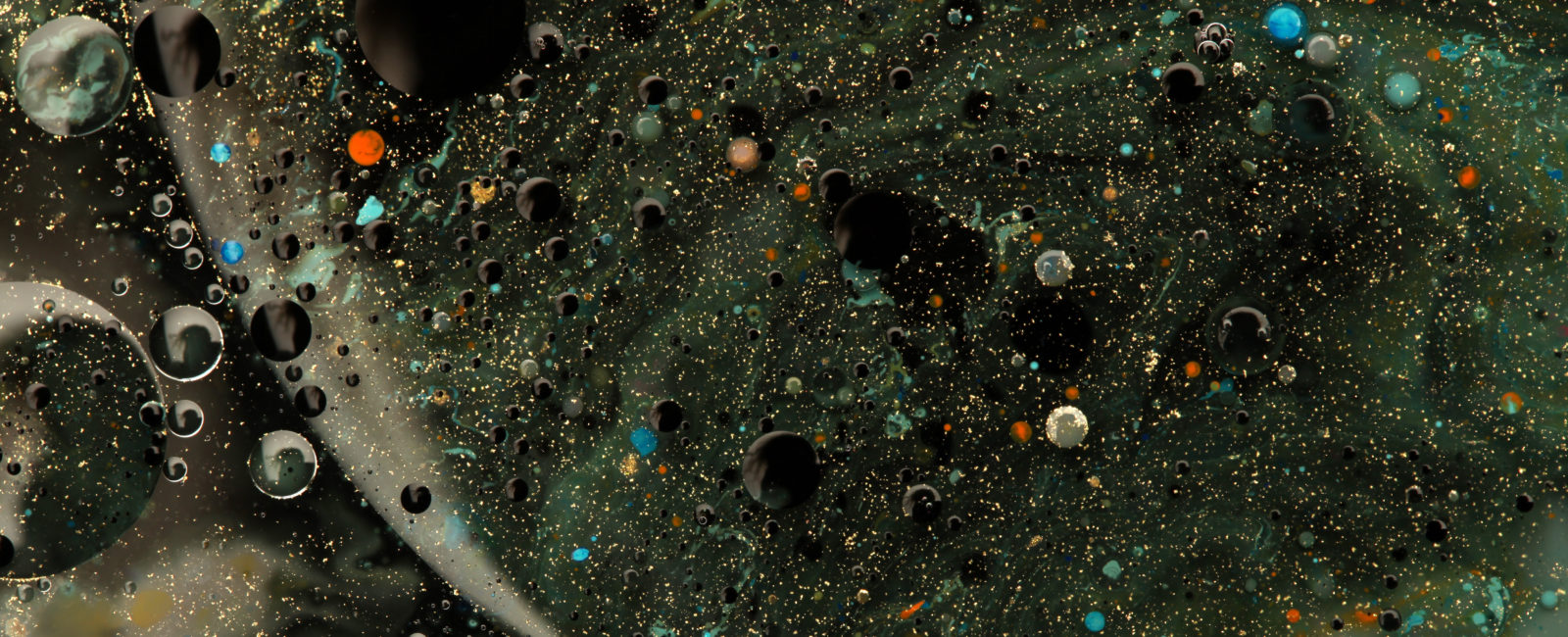


Distinguished Glasgow Surgeon David Galloway Dissects Darwinism
Today’s ID the Future brings onto the show Scottish physician David Galloway, author of the recent book Design Dissected and former president of Royal College of Physicians and Surgeons of Glasgow. In his conversation with guest host and fellow physician/author Geoffrey Simmons, Galloway describes how he found himself in the evolution/design controversy and eventually presented his doubts about Darwin to the Royal College of Physicians and Surgeons of Glasgow. In this first half of a two-part conversation, Galloway and Simmons briefly summarize the content of Design Dissected, and Galloway homes in on one section in particular where he tells the tragic story of Ignaz Semmelweis, a nineteenth-century Hungarian physician who pioneered life-saving antiseptic procedures in hospitals, but whose ideas were long attacked and ignored by leading physicians and scientists despite the clear and mounting evidence that careful handwashing, particularly among labor and delivery physicians, dramatically lowered mortality rates among patients. Galloway says it’s just one of many historical instances of experts clinging to an old paradigm in the face of contrary scientific evidence they don’t like. He says that much the same thing is occurring today among Darwinists who adamantly refuse to fairly consider the growing evidence against blind evolution and for the theory of intelligent design. Check out Galloway’s book here.

Eric Hedin, Canceled Science, and the Limits of Science
On today’s ID the Future, Canceled Science author and physicist Eric Hedin sits down with host Eric Anderson to discuss what does and doesn’t constitute science, what nature can and can’t accomplish, and the use and abuse of consensus claims in determining scientific truth. It’s all material explored in Hedin’s new book, Canceled Science: What Some Atheists Don’t Want You to See, available at Amazon, Barnes & Noble and other online booksellers.

Michael Behe’s Mousetrap on the Edge
On this ID the Future Lehigh University biologist Michael Behe dives deeper into A Mousetrap for Darwin. Behe and host Eric Anderson pivot to the new book’s section defending Behe’s earlier work, The Edge of Evolution. In that earlier book, Behe reviewed hard data from evolution studies of malaria parasites, HIV, and E. coli, showed that blind evolutionary processes face severe limits as to what they can build, and argued that intelligent design was required for the origin of life’s great diversity. In this new conversation Behe touches on some of the attempts to refute that argument and suggests why those refutations fail. For a more in-depth look at his defense of The Edge of Evolution, get your copy of A Mousetrap for Darwin: Michael J. Behe Answers His Critics and check out Part 3 of the book.
Cornelius Hunter on More “Junk” DNA That Turned Out To Be Crucial
On this episode of ID the Future, Dr. Cornelius Hunter, author of Science’s Blind Spot: The Unseen Religion of Scientific Naturalism, talks about new findings on so-called “junk” DNA. Evolutionary theory predicts lots of such “Darwinian detritus” that does nothing for organisms. That prediction keeps coming up false. “Satellite DNA” was one form of DNA thought to be junk, and left on the back burner by researchers. But now it’s been found to be both crucial — for the fertility of male fruit flies — and species-specific. Evolutionary theory expected none of this, though it gamely accommodate it, Hunter explains. How? By moving the goalposts.